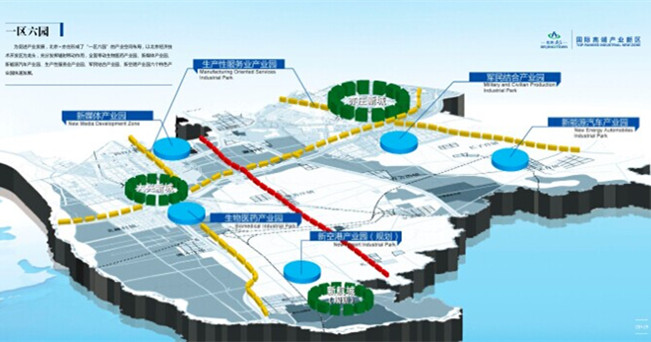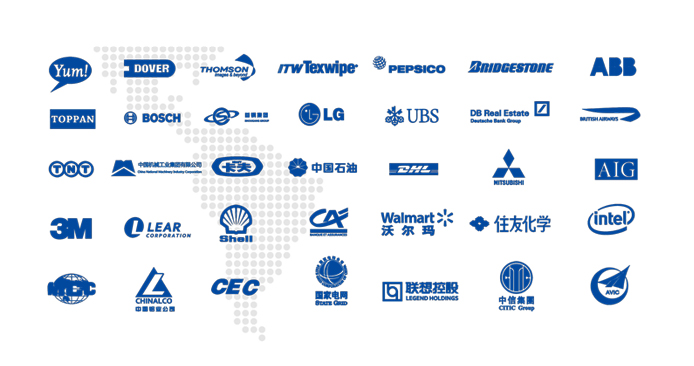Race is on to claim lead in NEV industry
( China Daily )
Editor's note: Statistics show that in 2016, approximately 50 percent of the global demand for oil was attributable to the road transportation sector, with automobiles accounting for 20 percent. Countries that are strong in the new energy vehicle industry therefore have more room to ease their reliance on oil. China should pay more attention to building up its new energy vehicle industry. Niutanqin, a columnist, said in a recent post:
Almost all major economies are investing heavily in the development of new energy vehicles, not only to get rid of the restraint of oil imports and to control the pollution related to oil consumption, but also to struggle for an advantage in the new economy and emerging industries.
Germany, the United Kingdom and France plan to end sales of gas and diesel cars by 2040. And Japan vows to replace 50 percent to 70 percent of the cars on its roads with new energy ones by 2030.
As the automobile industry promoted the development of a number of related industries, the new energy vehicle industry will have the same effects on the other sectors.
It is estimated the new energy vehicle market will become a major pillar of the economy in the world, second only to the real estate sector. So the fast development of the new energy vehicle industry, because of its long industrial and value chains, and high technology content, can strongly drive economic growth.
Developing the new energy car industry is of strategic importance to China, the largest oil consumer in the world, where 55 percent of gas is guzzled by automobiles.
Last year, 90 million cars were sold worldwide, among which 29 million were sold in China. And the domestic enterprises only account for 44 percent of the domestic market, mostly in the lower-end market niche. Even if they have tried their best to catch up with the foreign brands for decades, there is still a long way for them to break the technology barriers in engines and gearboxes.
In comparison, new energy vehicles provide Chinese enterprises the same starting line as their foreign counterparts in the competition, as China has a comparatively solid foundation in information, biology, data and energy. Just like the breakthroughs China made in high-speed railway and trains, and big planes, developing the new energy car industry can prompt the collective rise of a group of technologies and industries.
China has the world's largest reserves of rare earths, important raw materials for permanent magnet motors, and the world's third-largest lithium ore reserves, which are all China's strengths in developing the new energy vehicle industry.
 The Area with Six Parks
The Area with Six Parks Global Top 500
Global Top 500